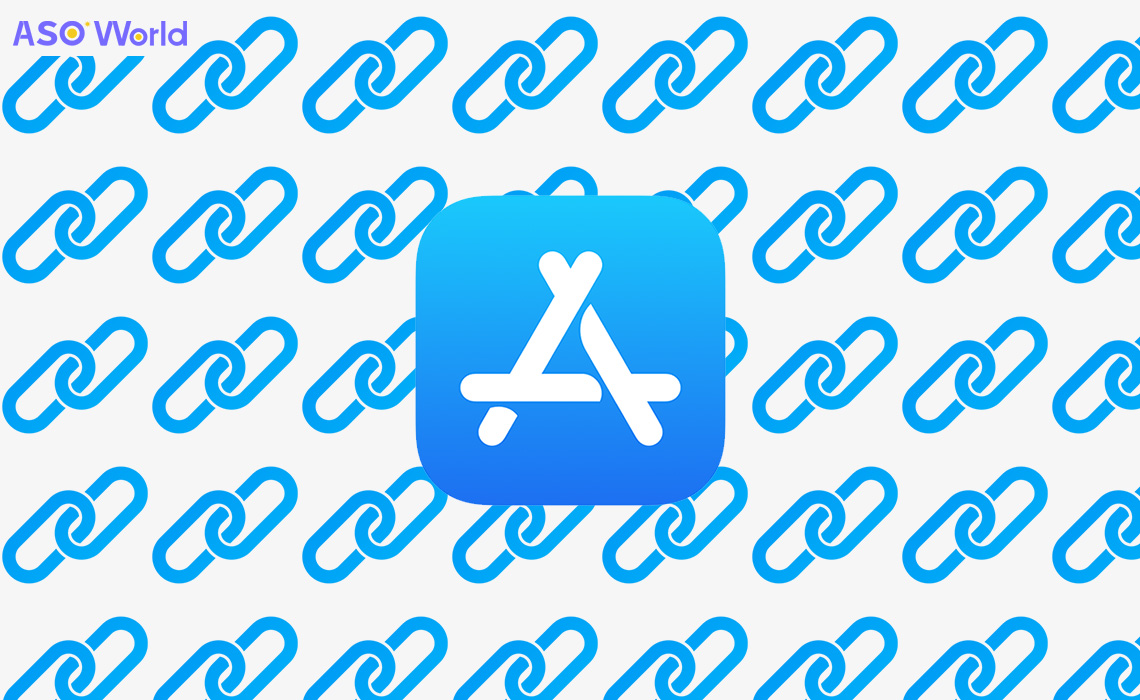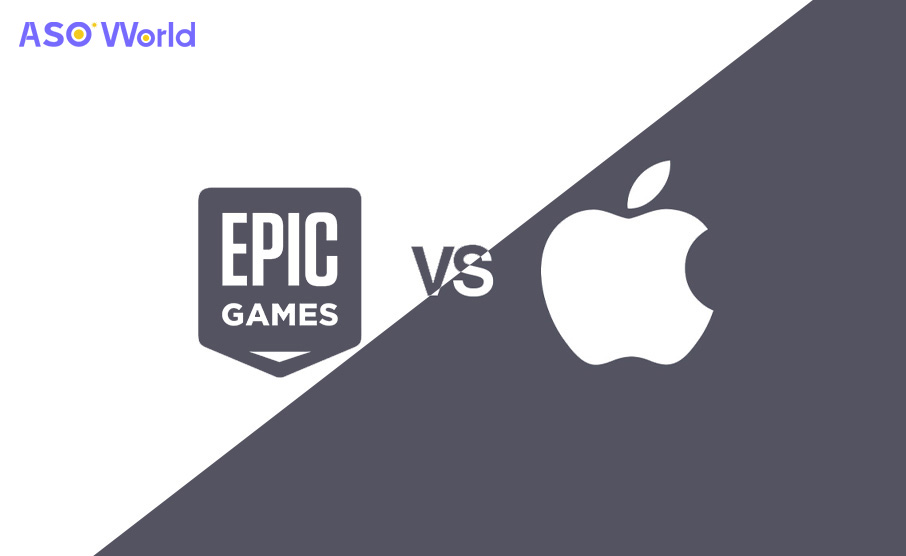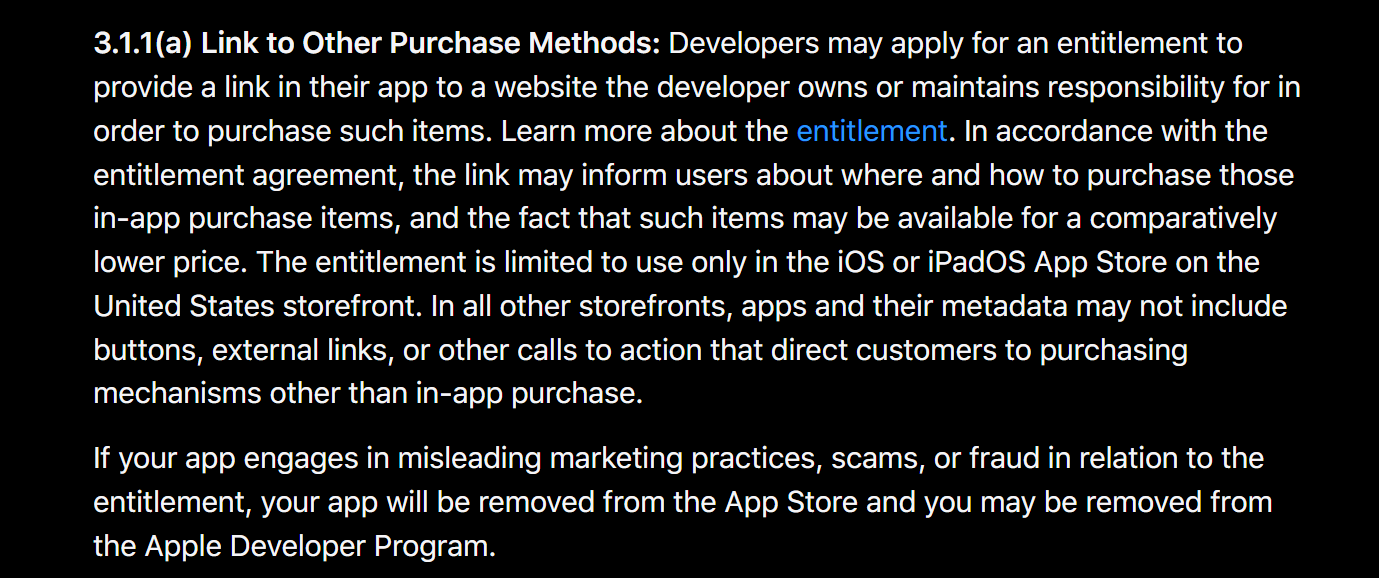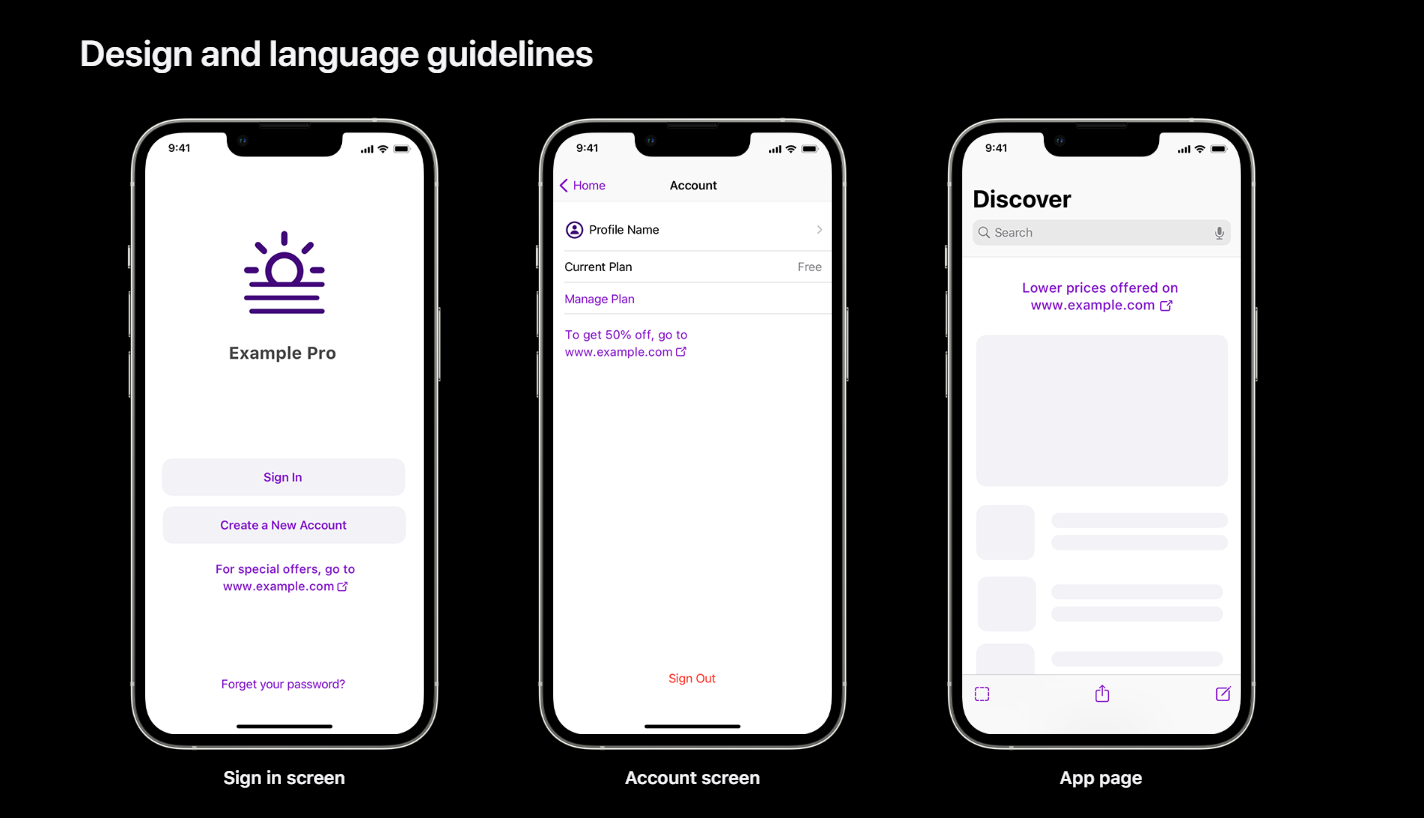





Apple updates its U.S. App Store guidelines to allow developers to link to third-party payments, with a commission on external purchases and specific restrictions on how users are informed.

In an unexpected policy shift, Apple has updated its App Store guidelines to allow U.S. developers to direct customers to third-party payment options.
This decision follows a legal battle that reached the U.S. Supreme Court, which upheld a lower court's decision mandating the change. Despite this, Apple insists on collecting commissions from purchases made outside its platform.
The U.S. Supreme Court's refusal to hear Apple's appeal led to the enforcement of a lower court's ruling. This ruling has now prompted Apple to update its guidelines, allowing developers more flexibility in directing users to external payment methods.
>>> Supreme Court Declines to Hear Apple-Epic Games Case

(Souce: App Store Review Guidelines -- 3.1.1(a) Link to Other Purchase Methods)
Apps must adhere to privacy, security, and user experience standards. This includes ensuring in-app purchases comply with the Developer Program License Agreement and App Store Review Guidelines.
Developers must use the canMakePayments and StoreKit External Purchase Link APIs to verify user eligibility before linking out.
The provided link must meet specific criteria, such as leading directly to the developer's website without redirects and opening in a new browser window. It must be defined in the app's Info.plist file and cannot be displayed more than once within the app.
Developers must use templates provided by Apple for displaying the purchase link within the app. The language and style must match the template, and the link must follow the Plain Button style as specified in the Human Interface Guidelines.

Apple will charge a commission of 27% for most developers and 12% for participants in the Small Business Program, on digital purchases initiated within seven days from the link out. Developers must provide monthly transaction reports to Apple, even if no transactions occurred.
Developers are responsible for providing customer support for transactions made through external payment systems. Apple will not assist with issues related to external purchases, such as refunds or subscription management.
🔗Apple Support: Distributing apps in the U.S. that provide an external purchase link
The recent changes in Apple's App Store policies have a mixed impact on iOS developers. On one hand, the ability to link to external payment systems could potentially reduce the fees they pay to Apple, especially for those who can negotiate better rates with third-party providers.
This could lead to increased profitability and offer developers more control over the customer experience.
From a financial standpoint, the new policy could be a boon for smaller developers who are part of Apple's Small Business Program, as they would be subject to a lower commission rate of 12 percent.
For larger developers, the 27 percent commission on external transactions is still a significant expense, but it may be preferable to the traditional 30 percent fee for in-app purchases made directly through the App Store.
Developers will need to adapt their operational practices to comply with Apple's guidelines.
The requirement for approval before linking to external payment methods, along with the restrictions on how and where these links can be displayed, means developers will have to carefully redesign their apps to meet these criteria.
Additionally, the obligation to submit monthly reports and allow Apple to audit their records adds an administrative layer that some developers may find burdensome.
Click "Learn More" to drive your apps business with ASO World App Promotion service.
For the end-user, the introduction of external payment options could lead to a more fragmented and potentially confusing purchasing process. Developers will need to consider how the integration of these third-party payment systems might affect the user experience within their apps.
The requirement to limit the visibility of external payment links could also reduce their effectiveness as a means of bypassing Apple's fees.
The market's response to these changes may also dictate how developers proceed. If a significant number of users continue to use Apple's in-app purchasing system out of convenience or brand loyalty, the financial benefits of offering external payment options may be less pronounced.
Developers will have to weigh the potential increase in direct customer engagement against the possible loss of impulse purchases facilitated by Apple's seamless in-app payment process.

Get FREE Optimization Consultation
Let's Grow Your App & Get Massive Traffic!
All content, layout and frame code of all ASOWorld blog sections belong to the original content and technical team, all reproduction and references need to indicate the source and link in the obvious position, otherwise legal responsibility will be pursued.